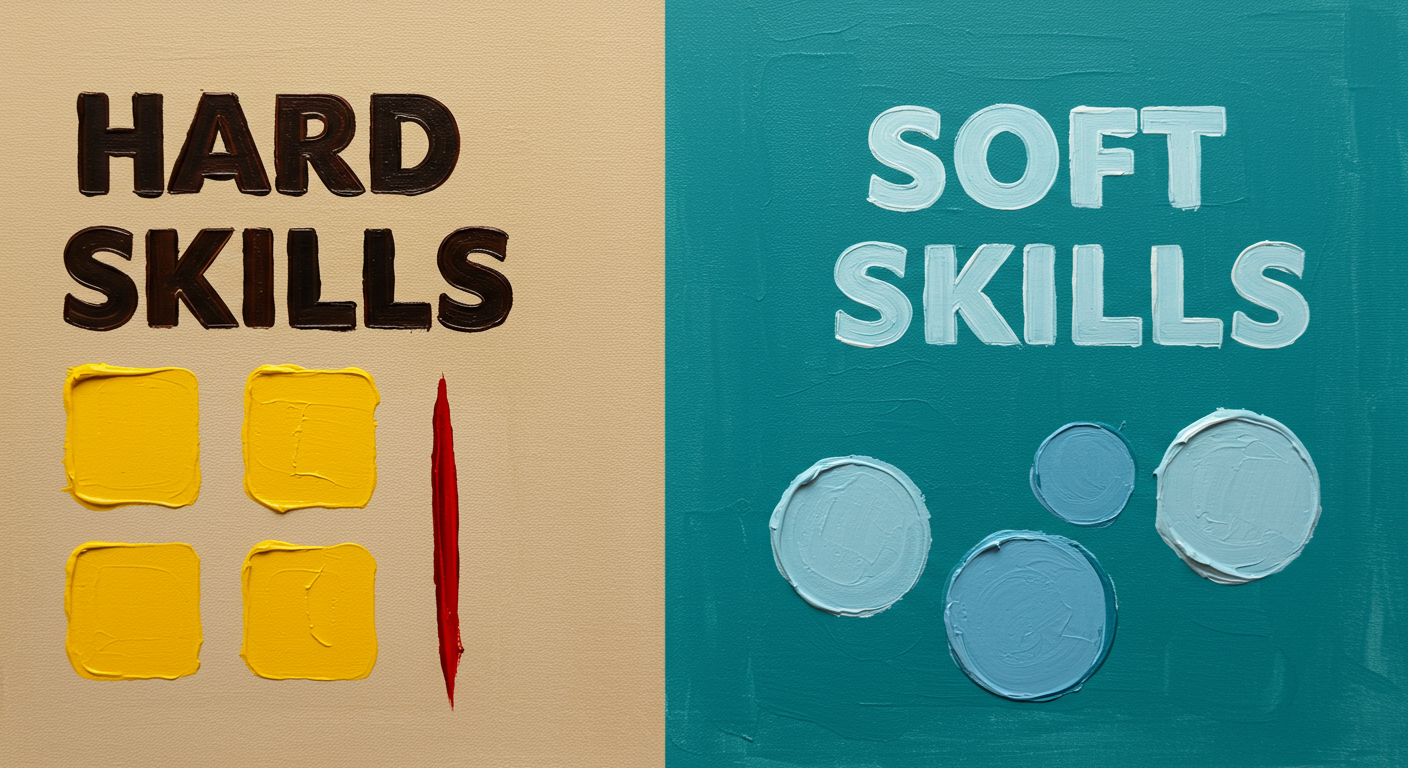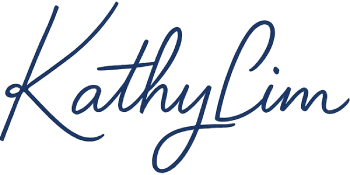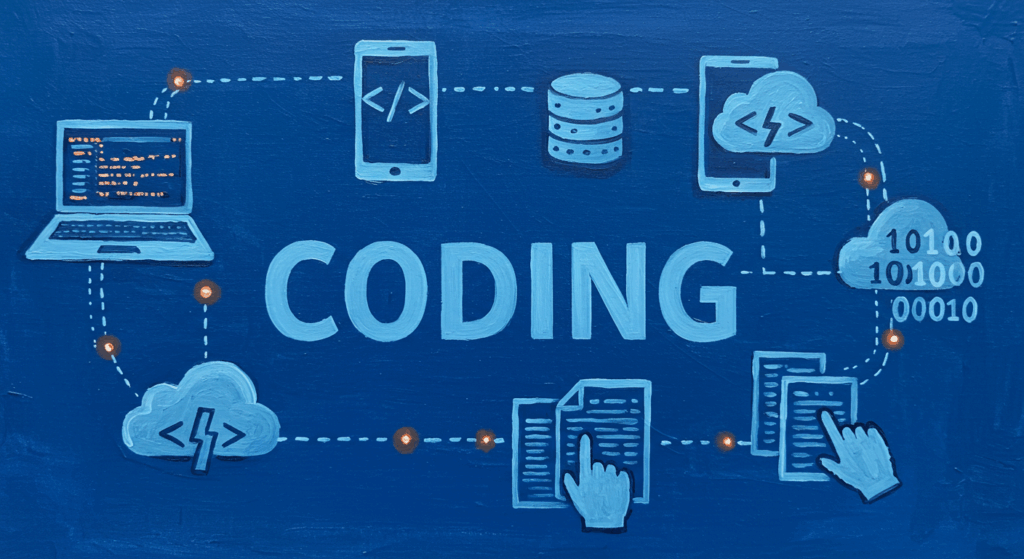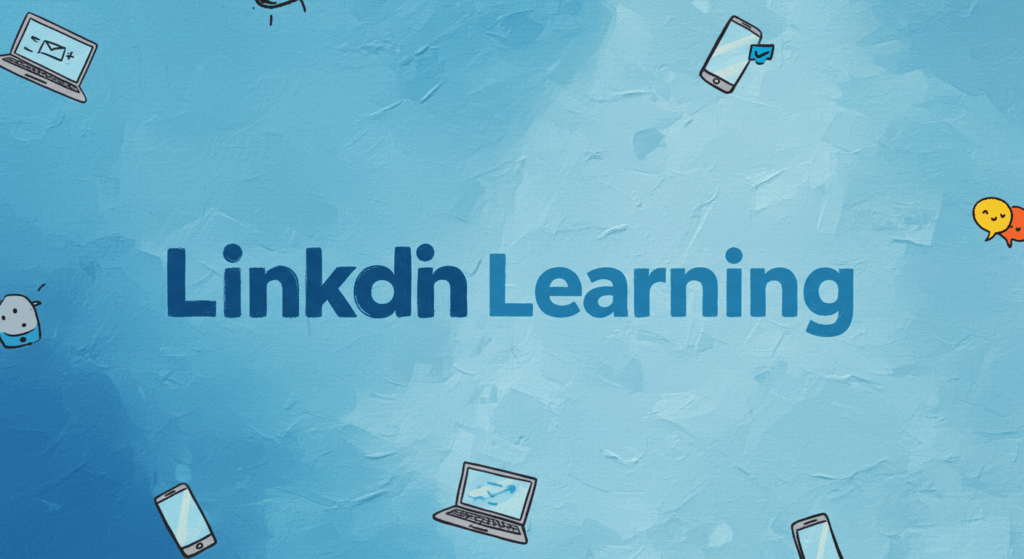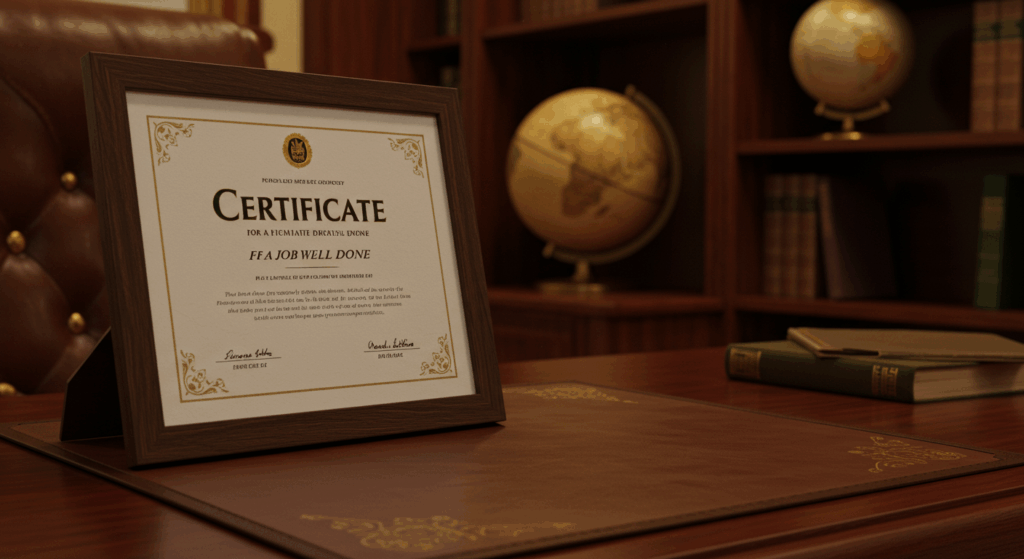You know that feeling when you’re scrolling through job postings and wondering why some require a master’s degree in rocket science while others just want someone who’s “a great communicator”? Yeah, we’ve all been there. The truth is, the modern workplace has become this interesting mix where your ability to code in Python might get you through the door, but your knack for explaining complex ideas to your grandmother could be what gets you promoted.
Let me be honest with you – I used to think hard skills were everything. Back in college, I was obsessed with adding certifications to my LinkedIn profile, thinking each new technical skill would be my golden ticket. And don’t get me wrong, those skills definitely mattered. But somewhere along the way, I realized that the colleagues who were really thriving weren’t necessarily the ones with the most impressive technical backgrounds. They were the ones who could navigate office politics, rally a team around a project, and somehow make everyone feel heard in meetings.
What Exactly Are We Talking About Here?
Before we dive deeper, let’s get our definitions straight because, honestly, these terms get thrown around so much they’re starting to lose meaning.
Hard Skills: The Stuff You Can Measure
Hard skills are basically anything you can test, certify, or measure with some kind of concrete assessment. Think coding langages, data analysis, graphic design software, foreign languages, or knowing how to operate that ridiculously complex coffee machine in the office (okay, maybe not that last one, but you get the idea).
These are the skills that usually get you noticed by those automated resume screening systems. For technical jobs, you’ll need to highlight hard skills, and they’re often what hiring managers look for first when they’re trying to figure out if you can actually do the job.
The thing about hard skills is they’re pretty straightforward to develop. You take a course, you practice, you get certified, you add it to your resume. There’s a clear path from point A to point B, which is probably why so many of us focus on them early in our careers.
Soft Skills: The Human Stuff That’s Actually Hard
Now, soft skills – these are trickier. We’re talking about communication, leadership, emotional intelligence, adaptability, problem-solving, teamwork… basically all the human stuff that makes working with you either a joy or a nightmare.
Here’s what’s interesting though – a recent survey found that 9 out of 10 global executives agree that soft skills are more important than ever. And get this: communication ranks No. 1 on the 2024 list of overall most in-demand skills.
But here’s the kicker: these skills are called “soft” but they’re actually incredibly hard to master. I mean, how do you measure empathy? How do you certify someone’s ability to handle conflict? It’s like trying to nail jelly to a wall sometimes.
Why This Matters More Than You Think
Let’s talk about why this whole hard vs soft skills debate isn’t just academic fluff. In the real world, both types of skills work together like peanut butter and jelly – good separately, but absolutely magic together.
Hard Skills Get You in the Door
Hard skills are often prerequisites for getting hired. They’re your entry tucket, your way of proving you can handle the technical aspects of the job. Without them, you might never even get a chance to show off your amazing personality.
I remember applying for my first marketing role and spending weeks learning Google Analytics, Facebook Ads Manager, and SEO basics. Were these the most exciting things to study? Not really. But they got me past that initial screening and into the interview room.
Soft Skills Get You Promoted
But here’s where it gets interesting – soft skills become increasingly important as you progress in your career. That’s because as you move up, you’re not just doing the work anymore; you’re leading people who do the work.
Think about it: the best manager you’ve ever had probably wasn’t the one who knew every technical detail of your job. It was probably the one who made you feel valued, gave you clear direction, and somehow convinced you that your project was going to change the world (even if it was just updating the company database).
The Sweet Spot: Where Both Skills Collide
While hard skills ensure that you can perform the technical aspects of a job, soft skills enhance your ability to work well with others and adapt to the challenges of the work environment. It’s not an either/or situation – it’s about finding that sweet spot where both skills complement each other.
I’ve seen brilliant developers who couldn’t explain their code to anyone else, and I’ve seen amazing communicators who couldn’t back up their ideas with technical expertise. Neither scenario ends well. The magic happens when you can code AND explain why your solution is better than the other options on the table.
The Real-World Impact (Because This Isn’t Just Theory)
Let me paint you a picture of how this plays out in real life. Take Sarah (not her real name, but we all know a Sarah), who started as a junior analyst at a mid-size company. She had solid Excel skills, could build decent reports, and knew her way around SQL – all hard skills that got her the job.
But Sarah had something extra. She noticed that her reports were confusing people, so she started adding executive summaries. When her team struggled with a complex project, she organized informal lunch-and-learns to share knowledge. When tensions rose during a stressful quarter, she was the one checking in on colleagues and suggesting solutions.
Fast forward two years, and Sarah’s now leading a team of five analysts. Did her hard skills get more advanced? Sure, a little. But what really set her apart were those soft skills that helped her become the person everyone wanted to work with.
How to Actually Develop Both (The Practical Stuff)
Alright, enough theory. Let’s talk about how you actually get better at this stuff.
Building Hard Skills: The Straightforward Path
Hard skills are relatively straightforward to develop because there’s usually a clear roadmap:
Identify what you need. Look at job postings in your field, talk to people doing jobs you want, and figure out what technical skills keep coming up. Don’t try to learn everything at once – pick two or three that would make the biggest impact.
Find quality learning resources. Online courses, certifications, bootcamps, YouTube tutorials – there are so many options now it’s almost overwhelming. The key is finding resources that match your learning style and sticking with them.
Practice consistently. This is where most people fail. They take the course, feel good about completing it, then never use the skill again. Set up practice projects, volunteer to use new skills at work, or find ways to apply what you’re learning.
Developing Soft Skills: The Trickier Territory
Soft skills are trickier because they’re often developed through experience and reflection rather than formal training.
Start with self-awareness. One of the strongest ways you can improve your soft skills is by observing others around you. But first, you need to understand your own patterns. How do you react under pressure? What’s your natural communication style? Where do you struggle in team situations?
Seek out stretch opportunities. Volunteer to lead a project, present to senior leadership, or mentor a new hire. These situations force you to practice soft skills in real-world scenarios where the stakes matter.
Ask for feedback (and actually listen to it). This one’s tough because feedback on soft skills can feel personal. But finding trusted colleagues who can give you honest input about your communication style or leadership approach is invaluable.
Practice active listening. I know, I know – everyone talks about active listening. But seriously, most of us are terrible at it. We’re usually just waiting for our turn to talk. Real listening means understanding not just what someone is saying, but what they’re feeling and what they need.
Making It All Work Together
The secret sauce isn’t choosing between hard and soft skills – it’s figuring out how to blend them in a way that makes you uniquely valuable.
Know Your Audience
Different situations call for different skill combinations. When you’re presenting technical findings to executives, you need hard skills to ensure your analysis is solid, but soft skills to communicate it in a way that helps them make decisions. When you’re troubleshooting a system issue, technical skills solve the problem, but communication skills keep everyone informed and calm during the process.
Build Your Personal Brand
Think about what combination of hard and soft skills makes you unique. Maybe you’re the designer who really understands user psychology, or the accountant who can explain complex financial concepts to non-finance folks. Soft skills are what take a career to the next level. They turn a skilled, competent worker into an empathetic and visionary leader.
Keep Evolving
Here’s the thing that nobody really talks about: the skills that got you to where you are now probably won’t be the same skills that get you to the next level. Ongoing learning is key to refining soft skills and aligning them with your career goals and industry needs.
Early in your career, you might focus heavily on building hard skills to establish credibility. As you progress, soft skills become more important for leadership and collaboration. Senior-level roles often require a sophisticated blend of both, plus the wisdom to know when to emphasize which.
The Bottom Line (Because We All Need One)
Look, I get it. This whole soft skills vs hard skills debate can feel overwhelming, especially when you’re already juggling a full-time job and trying to figure out what to learn next. But here’s what I’ve learned after years of making mistakes and watching others succeed:
The modern workplace has shifted, with many industries placing equal, if not greater, emphasis on soft skills. But that doesn’t mean hard skills don’t matter anymore. It means the bar has been raised – now you need both.
The good news? You don’t have to master everything overnight. Start where you are, focus on the skills that will have the biggest impact in your current role, and build from there. Pay attention to the people around you who seem to effortlessly combine technical expertise with emotional intelligence. Ask questions, seek feedback, and remember that everyone is figuring this out as they go.
Most importantly, don’t get so caught up in skill development that you forget why you’re doing it. The point isn’t to become some superhuman combination of technical wizard and people whisperer. The point is to bwcome really good at solving problems and helping others succeed – and sometimes that requires code, sometimes it requires compassion, and usually it requires both.
Your career isn’t just about what you know or what you can do. It’s about how you use what you know to make things better for the people around you. And that, my friend, is where the magic really happens.

